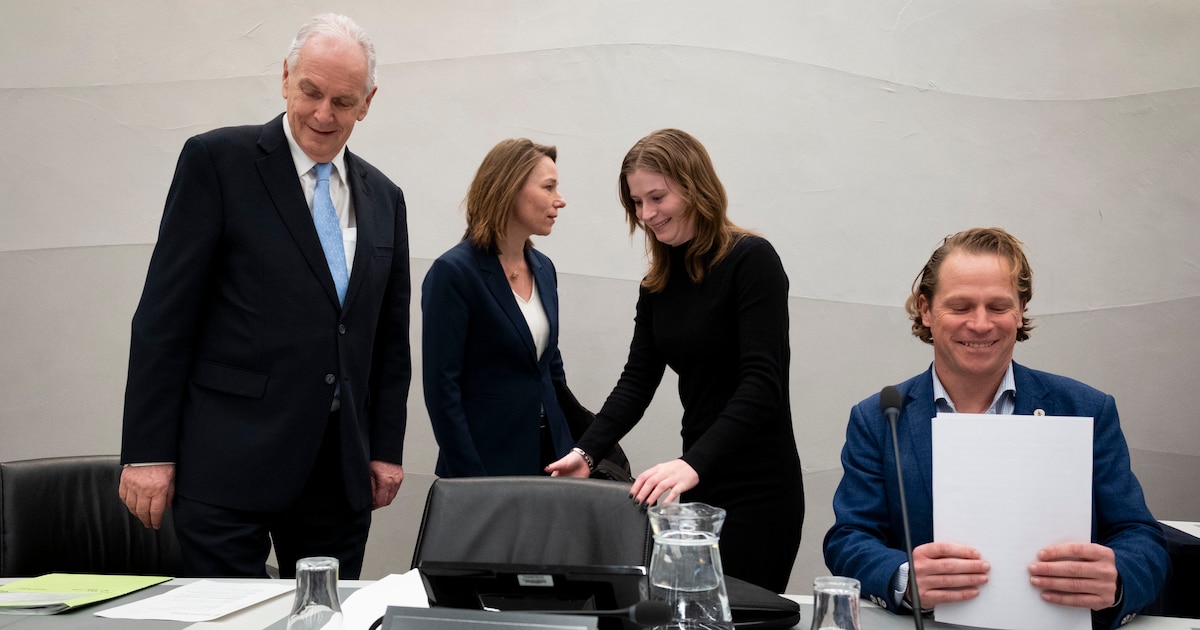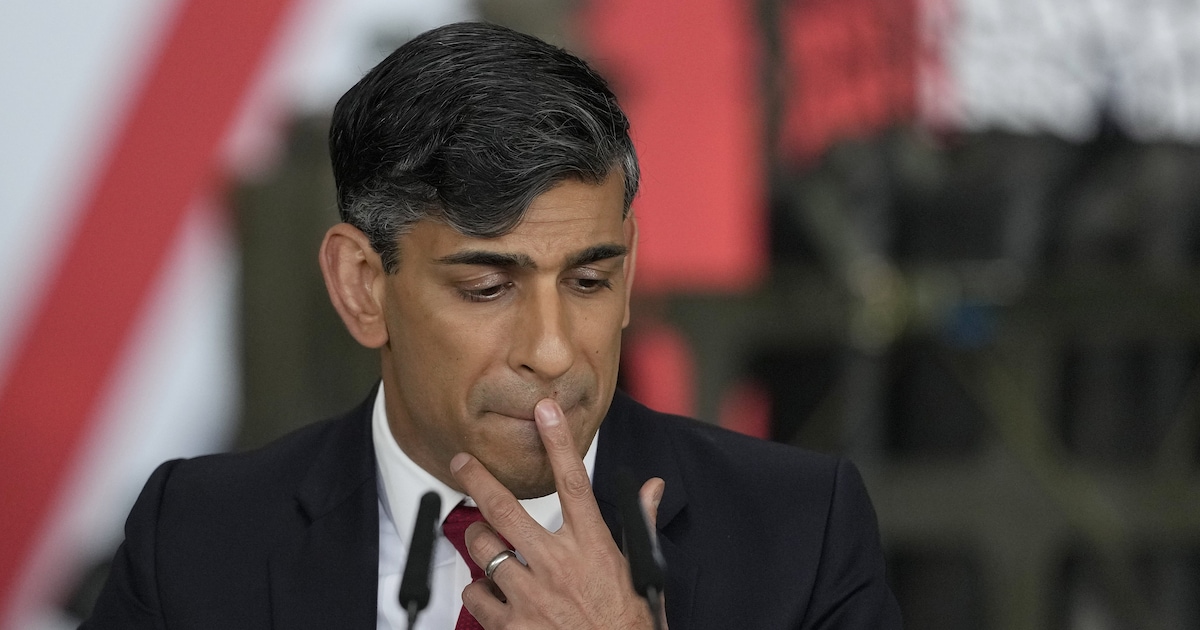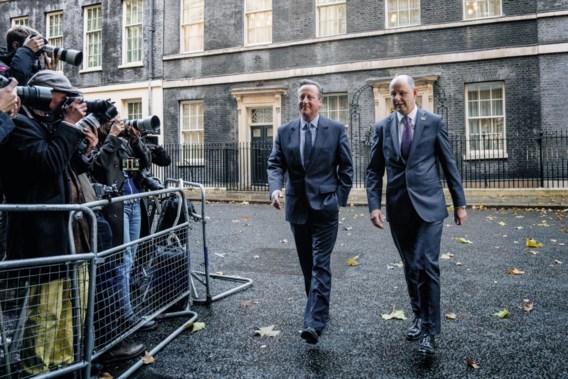This week, Italian Prime Minister Giorgia Meloni presented the new plan to Brussels. Migrants intercepted by boat by the Italian coast guard in the Mediterranean Sea are now being housed in reception centers in Albania. Meloni hopes as many migrants as possible will at least not end up in Italy. However, Italy remains responsible for this.
This does not apply to all migrants rescued from the Mediterranean. Meloni wants to accommodate up to thirty-six thousand people per year in Albania. Vulnerable people are also excluded, such as pregnant women, children or the elderly. The full elaboration of the plan has not yet been discussed, but there are already many questions in Europe.
1. Why did Meloni do this?
Resolving the migration problem in Italy was one of Meloni’s big election promises. This year, 145,000 migrants already want to cross the border into Italy: roughly three times as many as two years ago. “It looks like Meloni now wants to take concrete steps,” said correspondent Anouk Boone. “Political pressure is increasing and he wants to underline his credibility by showing: I am following my agenda.”
Meloni wants to tackle complex problems pragmatically. “He now seems to be saying: Italy can’t do this alone, so we’re calling on other countries,” Boone said. The other country, Albania, is not a member of the EU and Italy is a member. Meloni is against that Italian media that his deal could become a ‘model’ for cooperation outside the EU. “But the experts see it as pretty bleak,” Boone said. “In addition to practical questions, there are also questions about human rights.”
2. Is this allowed?
Discussions about what to do if migrant boats are intercepted have been going on for years. Mark Klaassen, assistant professor of migration law at Leiden University, knows this too. “The first step is to find a safe haven for migrants facing problems at sea. “You could say that Albania is a safer country than the countries where the migrants come from, for example Libya,” explained Klaassen.
But there is still a lot of uncertainty regarding this deal. Being legally approved would depend on a number of factors, Klaassen said. “It will be difficult if Meloni starts moving people who have already set foot in Italy. “Then these migrants have the right to start asylum procedures in Italy.”
But the main question is about human rights. “Italy will expect a lot of opposition if it turns out that migrants in Albania are being housed in poor conditions, as we see in refugee camps in Greece.”
3. What is the impact on migrants?
First, a step back: how did people rescued at sea end up in Albania? The Italian coast guard differentiates healthy people from vulnerable people: they are taken to Italy. “In practice, you will see that many young, healthy men will arrive in Albania,” correspondent Boone said. “The first farewell at sea was already very difficult. Some people fled with the whole family.”
The aim is for at least two reception centers to be opened in northern Albania next year. Italy says it is responsible for asylum procedures and Albania is responsible for local security. Critics worry that Italian authorities won’t accomplish much remotely, and the shelters will start to resemble prisons.
Of course, it is still unclear what these centers will actually look like. We know that Albania has not received large numbers of refugees in recent times.
4. Could such a migration deal also work?
Agreements on migration are nothing new. For example, Meloni together with Prime Minister Rutte, among others, made an agreement with Tunisia this summer. Tunisia promises to stop migrant boats from entering Europe in exchange for 900 million euros. So far it cannot be said whether the deal will produce anything. However, the North African country was dissatisfied with the agreement and many stories emerged about serious human rights violations.
Britain also had a detailed plan similar to Italy’s. Britain wants to send migrants fleeing across the English Channel to Rwanda, more than 7,000 kilometers away. Also Danish and Austria want to participate in that plan. Rwanda will be paid to process asylum applications there. But so far, the courts have not approved the plan.
Italy may also promise Albania a lot of money, but it is not yet known what the benefits will be for Albania.
Overall, assistant professor Klaassen is concerned the issue will be sidetracked. “Albania will soon become another country with an overburdened asylum system.”

“Hipster-friendly creator. Music guru. Proud student. Bacon buff. Avid web lover. Social media specialist. Gamer.”






/s3/static.nrc.nl/wp-content/uploads/2024/04/web-2404buibootmigrant.jpg)
